10 Reasons ’80s Kids Were Raised With More Independence
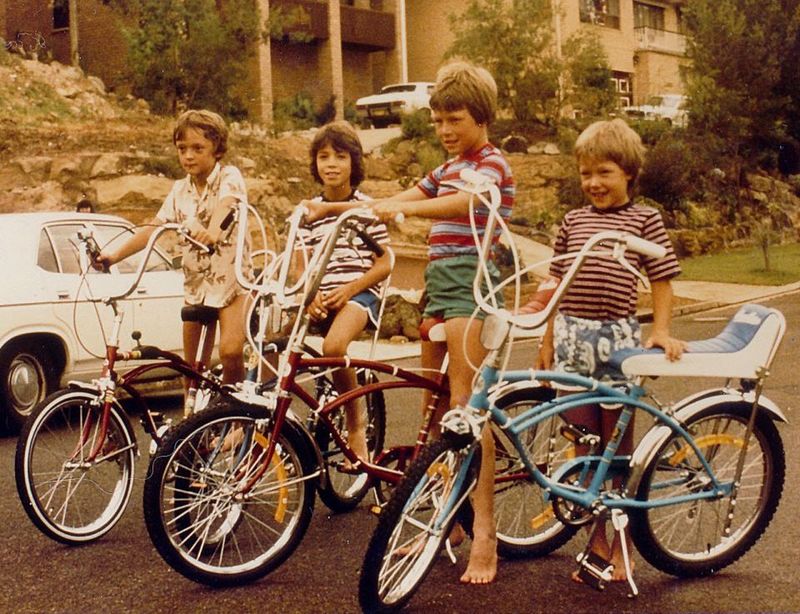
Growing up in the 1980s was a unique experience that modern kids might find hard to believe. Without smartphones, helicopter parenting, or constant digital supervision, children of the ’80s roamed neighborhoods freely and solved problems on their own. The stark contrast between then and now reveals how childhood has transformed in just a few decades, with today’s kids experiencing far more structure and supervision than their ’80s counterparts ever did.
1. Unsupervised Outdoor Play Until Dark
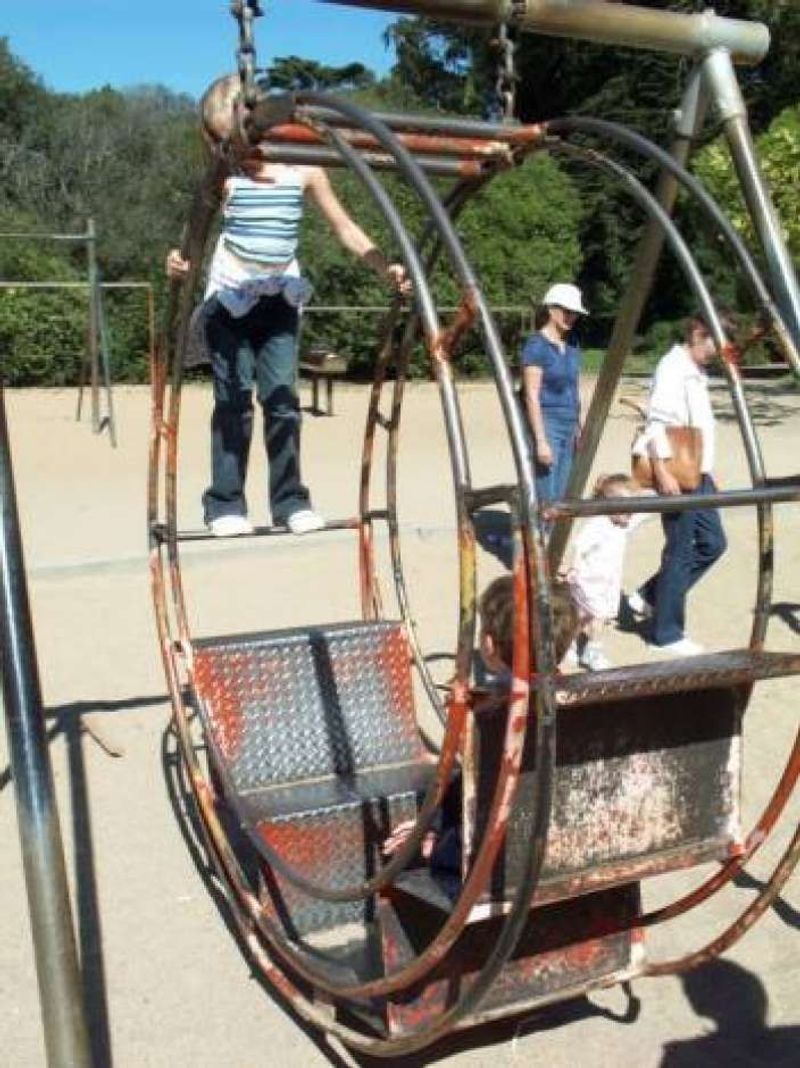
The classic parental call of “Be home when the streetlights come on!” defined ’80s childhood freedom. Kids left home after breakfast and often didn’t return until dinner, with parents having no way to track their whereabouts. Neighborhoods became adventure zones where children built forts, played kickball in empty lots, and explored woods without adult interference.
No one monitored these activities or arranged playdates. Parents trusted the community safety net – other parents, neighbors, and even strangers would keep an eye out for trouble, creating an informal surveillance system that allowed kids to feel independent while remaining relatively safe.
2. Handling Your Own School Problems
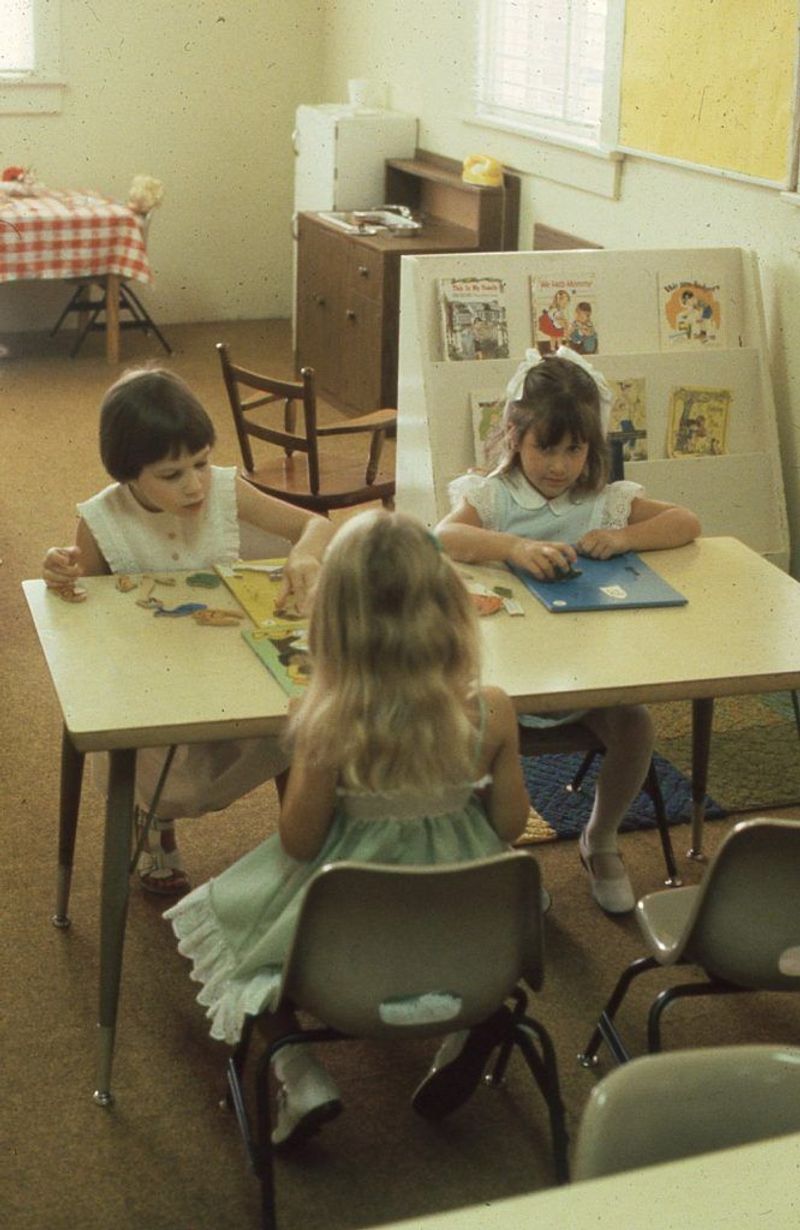
Parents rarely intervened in school matters during the ’80s. If you forgot your homework, lunch money, or gym clothes, you faced the consequences yourself without mom or dad rushing to the rescue. Teacher conflicts? You figured it out on your own. The expectation was clear: school problems belonged to the student, not the parent.
This created resilient kids who learned to speak up for themselves. Report cards came home in sealed envelopes, and parent-teacher conferences happened maybe twice yearly. The daily academic experience belonged entirely to the child, creating space for personal responsibility and growth.
3. Latchkey Kid Culture
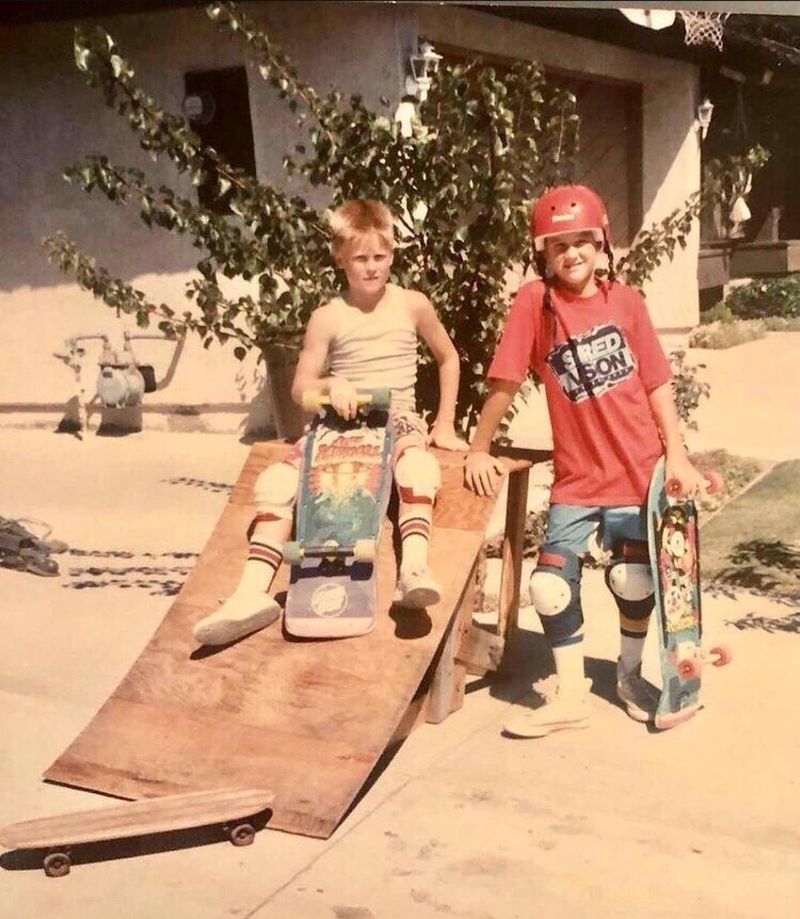
With the rise of dual-income families, millions of ’80s kids came home to empty houses. These “latchkey kids” wore house keys around their necks and managed significant portions of their day without adult supervision.
After school, they’d let themselves in, grab snacks, complete homework, and follow basic safety rules until parents returned from work. TV shows like “Silver Spoons” and “Diff’rent Strokes” normalized this independence. Far from being neglected, these children developed impressive self-sufficiency. They learned to manage time, handle emergencies, and trust their judgment – skills that served them well into adulthood.
4. Bike-Powered Transportation Freedom
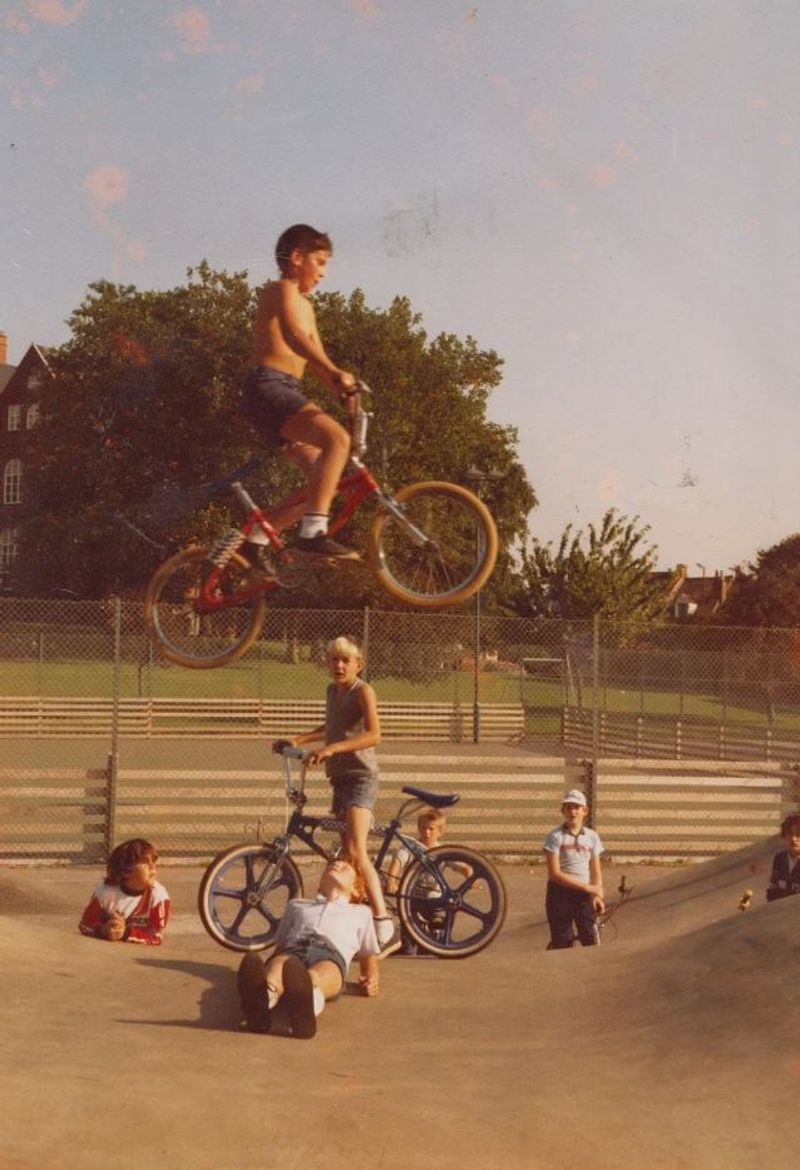
Bikes weren’t just toys in the ’80s – they were legitimate transportation. Kids pedaled miles to friends’ houses, convenience stores, arcades, and movie theaters without parents questioning their whereabouts. Ten-year-olds regularly biked across town for baseball practice or to visit the mall.
This mobility expanded their world dramatically compared to today’s kids, who rarely venture beyond visual range of home alone. The bicycle represented true freedom. With no cell phones for check-ins, parents simply trusted their children would return safely. This independent navigation built confidence and spatial awareness that GPS-dependent modern kids often lack.
5. Phone Booth Problem-Solving
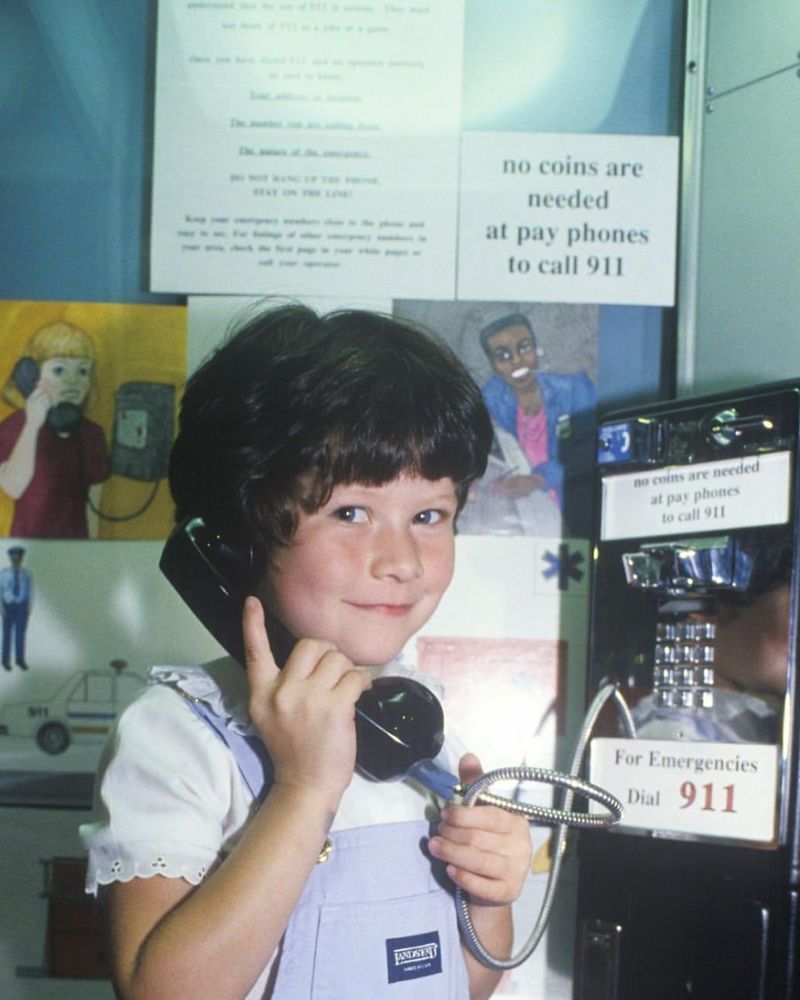
The humble payphone taught ’80s kids resourcefulness. When plans changed or emergencies arose, children needed quarters and problem-solving skills to contact home – no instant messaging or cell phones existed. Kids memorized important phone numbers and learned to communicate efficiently during collect calls.
“Mom, I missed the bus” had to be conveyed quickly before more coins were required. Sometimes the nearest phone was inside a business, forcing shy children to interact with adult strangers to request help. These small challenges built communication skills and confidence that today’s instantly-connected kids develop differently.
6. Minimal Adult Involvement in Play

Organized sports in the ’80s meant showing up for Little League while parents watched from distant bleachers. Adults didn’t micromanage games, referee playground disputes, or structure every moment of children’s play.
Kids created their own entertainment with minimal equipment. They invented games with complex rules, negotiated teams, and resolved conflicts without adult intervention. When disagreements happened, children worked through them independently. Boredom was considered normal, not a problem for parents to solve. This unstructured time fostered creativity, social skills, and conflict resolution abilities that scheduled activities can’t replicate.
7. Navigating Real-World Errands
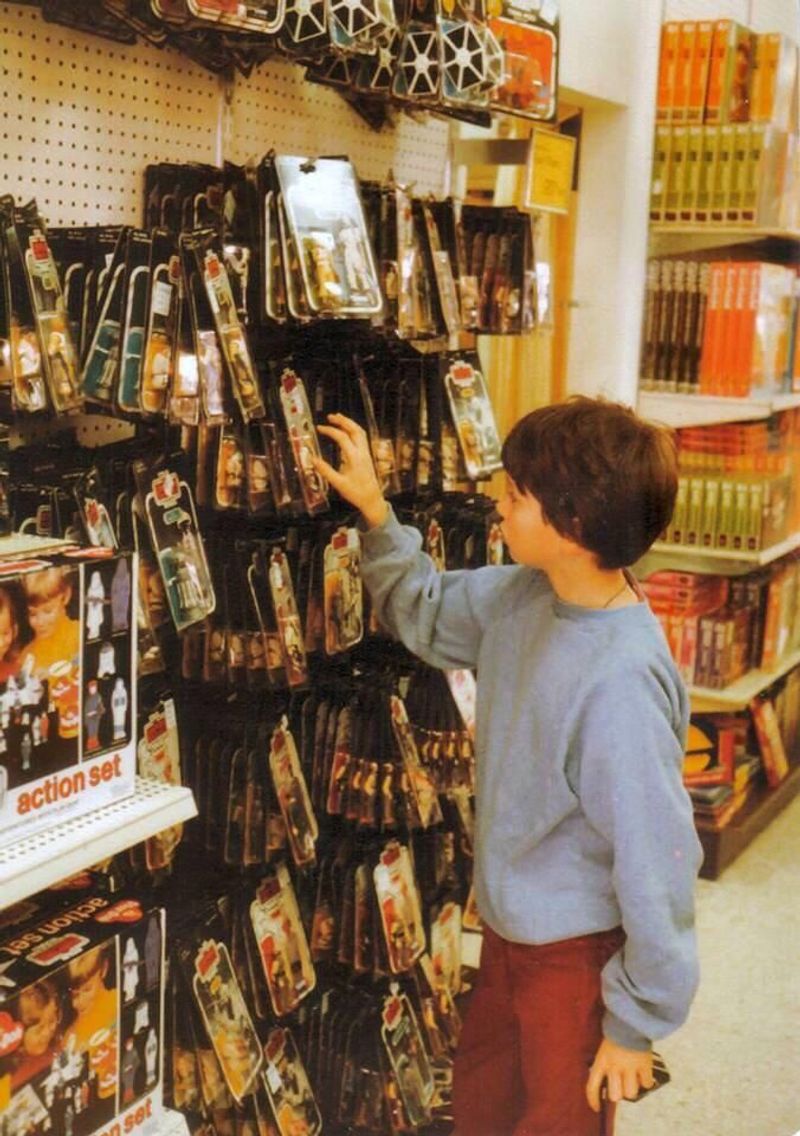
Parents regularly sent kids on solo missions to grocery stores, pharmacies and corner markets. Eight-year-olds proudly carried shopping lists and cash, purchasing bread, milk or cigarettes for their parents without supervision. These errands taught practical math as children calculated costs and counted change.
They learned to interact with shopkeepers, follow instructions, and handle responsibility. The pride in successfully completing these missions built self-esteem. Walking or biking to these destinations also helped children develop mental maps of their neighborhoods. They learned landmarks, shortcuts, and navigation skills that GPS-dependent kids today often lack.
8. Analog Entertainment Required Self-Direction
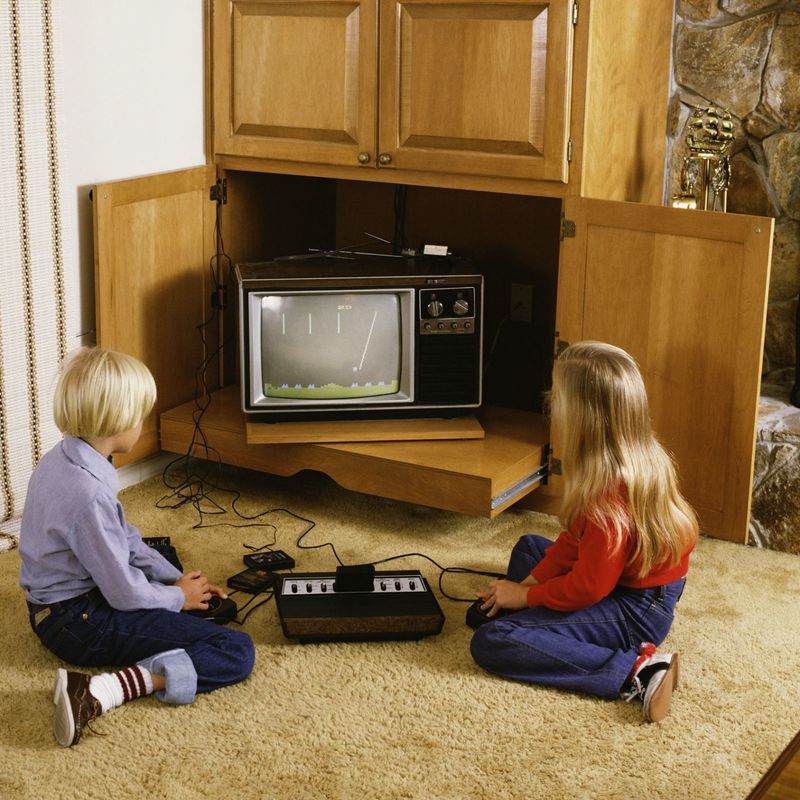
Entertainment in the ’80s demanded initiative. With just a few TV channels and no on-demand viewing, kids had to entertain themselves when nothing good was on. This meant building models, reading books, or creating backyard obstacle courses. Video games existed but lacked save features or internet connections.
Children figured out complex game mechanics through trial and error without YouTube tutorials or online walkthroughs. Board games required reading instructions and teaching others the rules. All these activities fostered self-sufficiency and problem-solving skills that today’s algorithm-fed entertainment often bypasses.
9. Loosely Supervised Summer Freedom

Summer break meant genuine freedom for ’80s kids. Many parents worked full-time while children managed entire summer days with minimal adult oversight. No structured camps or enrichment programs filled every hour. Kids organized neighborhood-wide games of capture the flag, built tree houses, and explored creek beds.
They solved problems like hunger, boredom, and minor injuries without adult intervention. The occasional check-in with mom might happen via landline. This independence fostered creativity and resilience. Children learned to entertain themselves, manage time, and take calculated risks – all valuable skills that heavily scheduled modern summers don’t necessarily develop.
10. Real Consequences Without Intervention
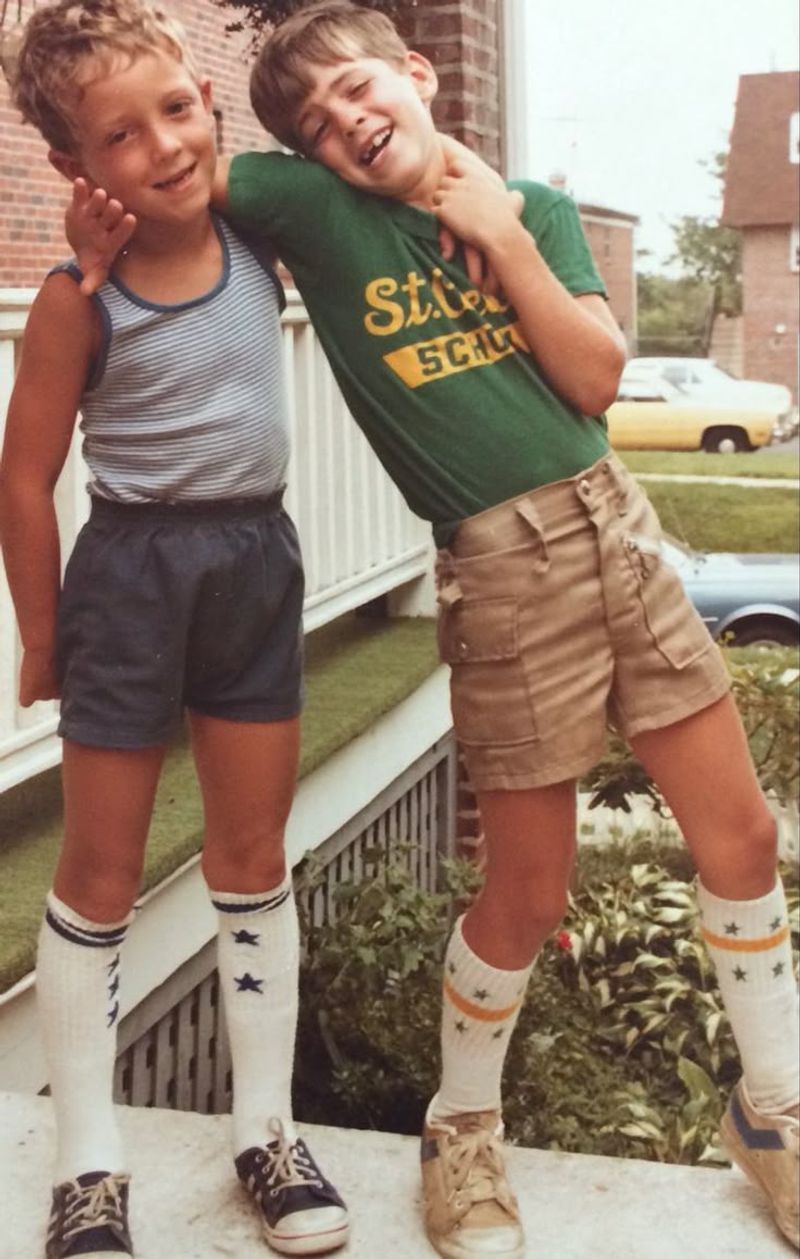
The ’80s parenting approach allowed natural consequences to be effective teachers. If you forgot your lunch, you went hungry. If you broke a neighbor’s window, you faced them directly and worked to make amends. Parents didn’t immediately rescue kids from their mistakes. This taught valuable cause-and-effect relationships that helicopter parenting often prevents.
Children learned accountability through real-world feedback. Teachers assigned grades based on merit without parent negotiations. Coaches benched underperforming players without facing angry emails. This straightforward system helped kids understand that actions have consequences – sometimes uncomfortable ones.

Comments
Loading…